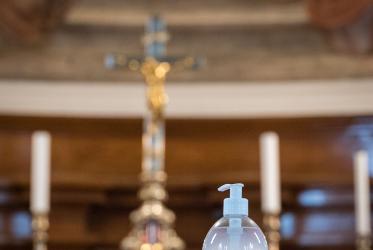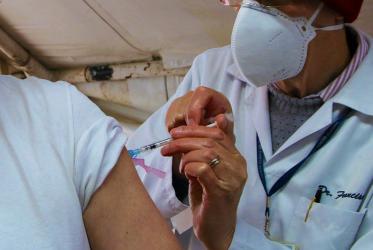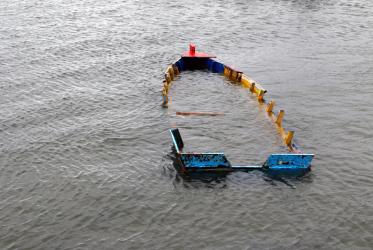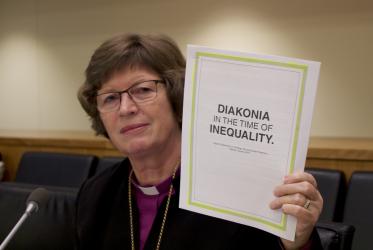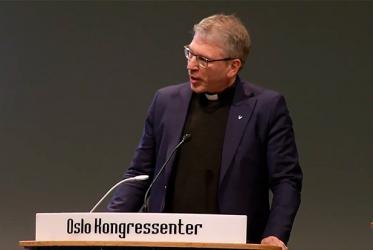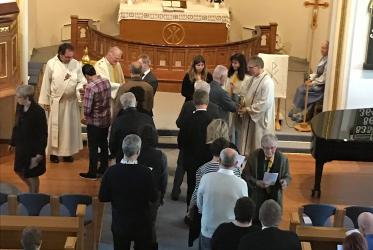Displaying 1 - 20 of 40
WCC general secretary: “Love opens the way to change”
13 February 2020
WCC condemns massacre of farmers in Philippines
12 April 2019
Sustainable resourcing for sustainable development
05 February 2019
All pilgrim routes lead to COP24
11 December 2018
WCC moderator speaks at Justice Conference in Norway
09 November 2018
#WCC70: A prayer about health and healing
20 July 2018
“Overcoming economic injustice” vision of WCC’s Athena Peralta
23 February 2017
New videos help congregations hasten HIV response
20 October 2016
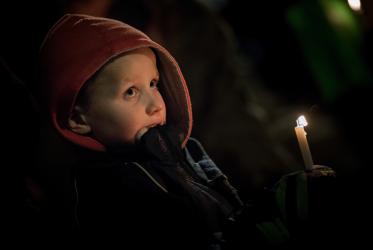
![Image[1].jpeg](/sites/default/files/styles/teaser/public/photoshelterCopy/Image%5B1%5D.jpeg?h=44590859&itok=LMAXVRC6)


